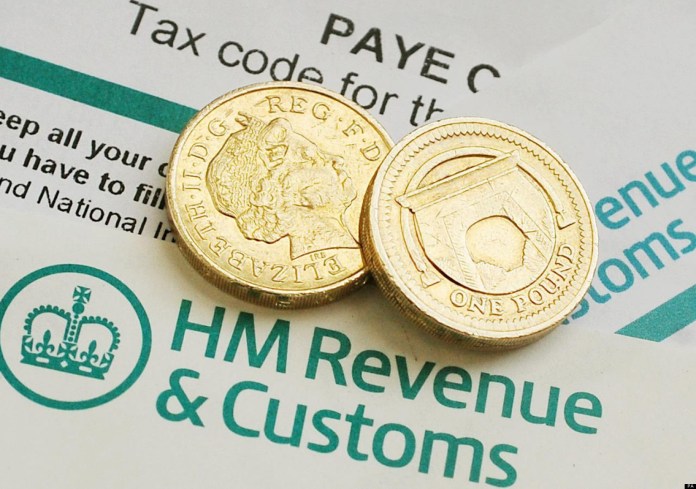
who controls your company?
How to identify and record the people who own or control your company.
A PSC must meet one or more of the following conditions of control.
Most PSCs are likely to be people who hold:
- more than 25% of shares in the company
- more than 25% of voting rights in the company
- the right to appoint or remove the majority of the board of directors
If your PSC holds more than 25% of shares, they’re likely to hold the same amount of voting rights.
You should check your company’s register of shareholders. Your company’s constitution and articles of association may also contain information on voting and other rights.
Other significant influence or control
Your PSC might influence or control your company through other means. This could be directly, or on behalf of someone else. For example, someone who tells the directors or shareholders what to do.
This condition will only apply in limited circumstances. Further guidance is available on the meaning of significant influence or control.
Companies controlled by a trust or firm
If a trust or firm influences or controls your company, you must decide if they meet any conditions of control described above. If they do, any person who controls the trust or firm is a PSC of your company.
If you think this applies, you should get professional advice.
Recording your PSC information
You’ll need to confirm certain details with your PSC, and record them in your PSC register. These details are:
- name
- date of birth
- nationality
- country of residence
- service address
- usual residential address (not displayed to the public)
- the date they became a PSC of the company
- the date you entered them into your PSC register
- which conditions of control are met
You must include the level of their shares and voting rights, within the following categories:
- over 25% up to (and including) 50%
- more than 50% and less than 75%
- 75% or more
Contacting your PSC
You must try to identify and contact anyone you think may be a PSC of your company. If they refuse to provide PSC information, they’re committing a criminal offence.
You can place restrictions on the shares or voting rights of someone who won’t give you this information. Applying restrictions is a significant step. You should only consider this if they’ve repeatedly refused your requests.
If you’re thinking of making restrictions, you should read the guidance first.
Changes to your PSC information
If your PSC information changes, you must update your company’s PSCregister and tell us as soon as possible. The easiest way to do this is online. This could be changes to an existing PSC, such a new address or condition of control. You could also have a new PSC, or someone who’s no longer a PSC.
Update your PSC information online.
Protection for people at risk
All PSC information is available to the public, apart from their home address. The day is also hidden from their date of birth.
In exceptional cases, some individuals can apply to protect their PSCinformation. If they’ve applied, or been granted protection, you should note this on your PSC register. You must hide their personal details.
Protection from disclosure applies from the date the application is made to us.
If a PSC has already been granted protection as a director, they must re-apply for protection as a PSC.
Other company types
Limited liability partnerships (LLP), eligible Scottish partnerships and societas Europaea (SE) must also send us their PSC information.
Information on these company types can be found in the full guidance.
Source: Gov.UK
[/vc_column_text][/vc_column][/vc_row]


